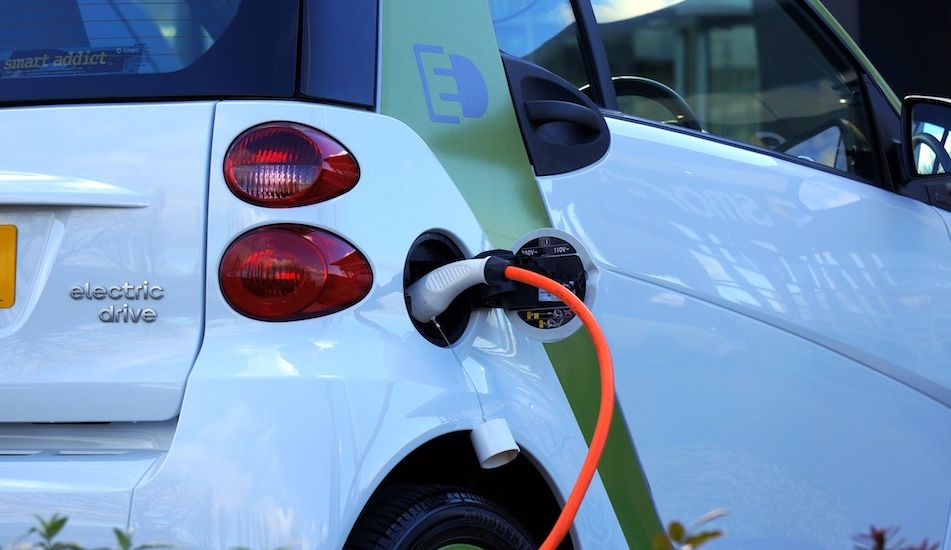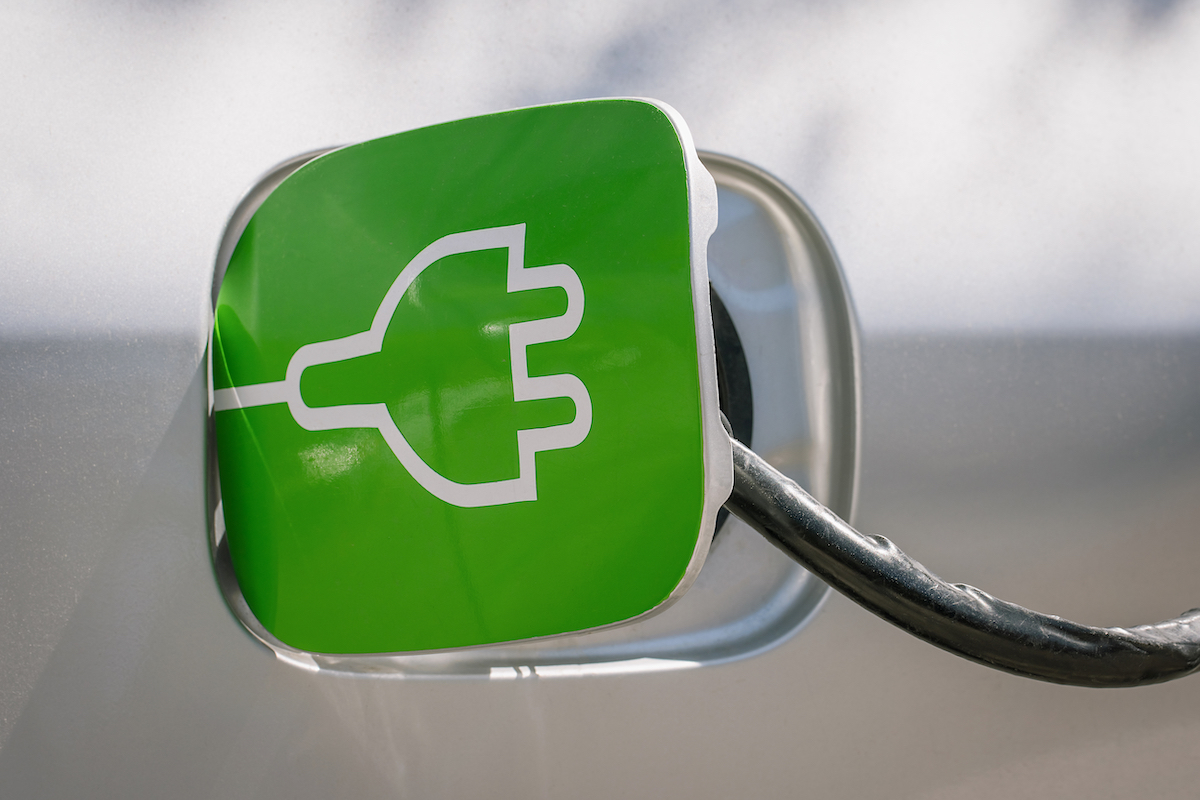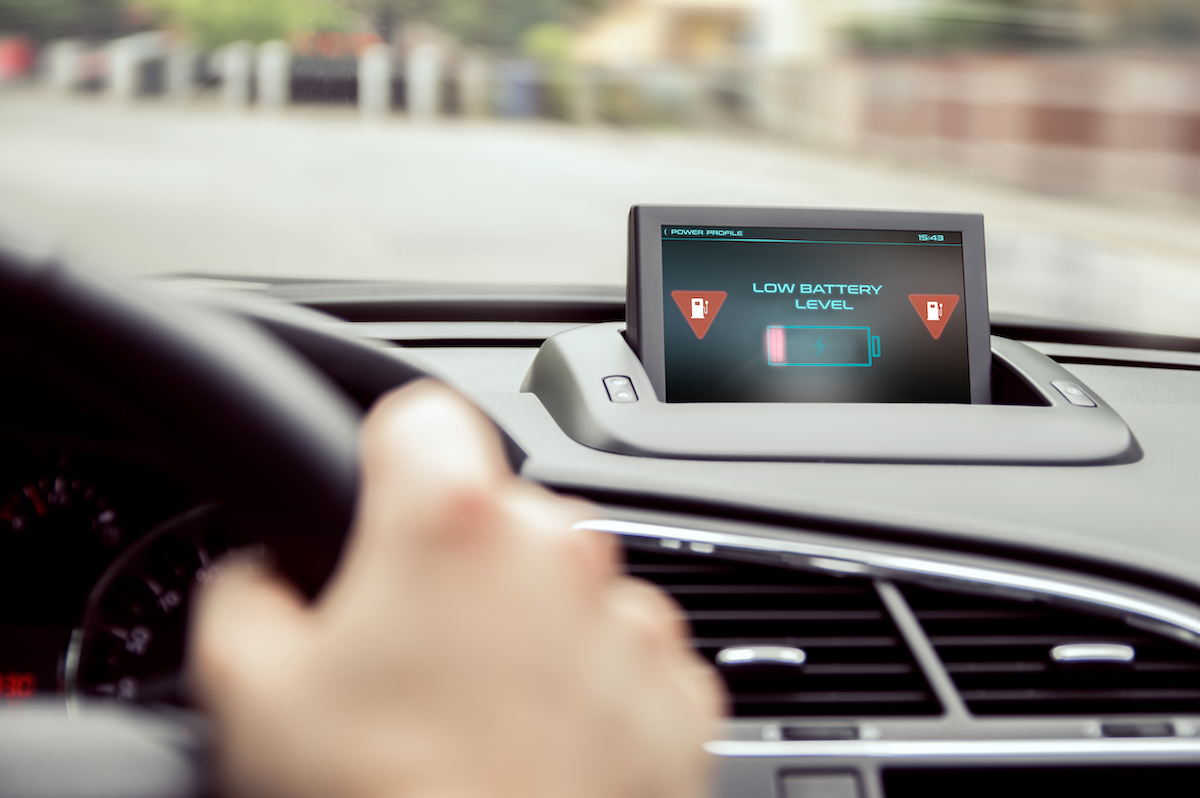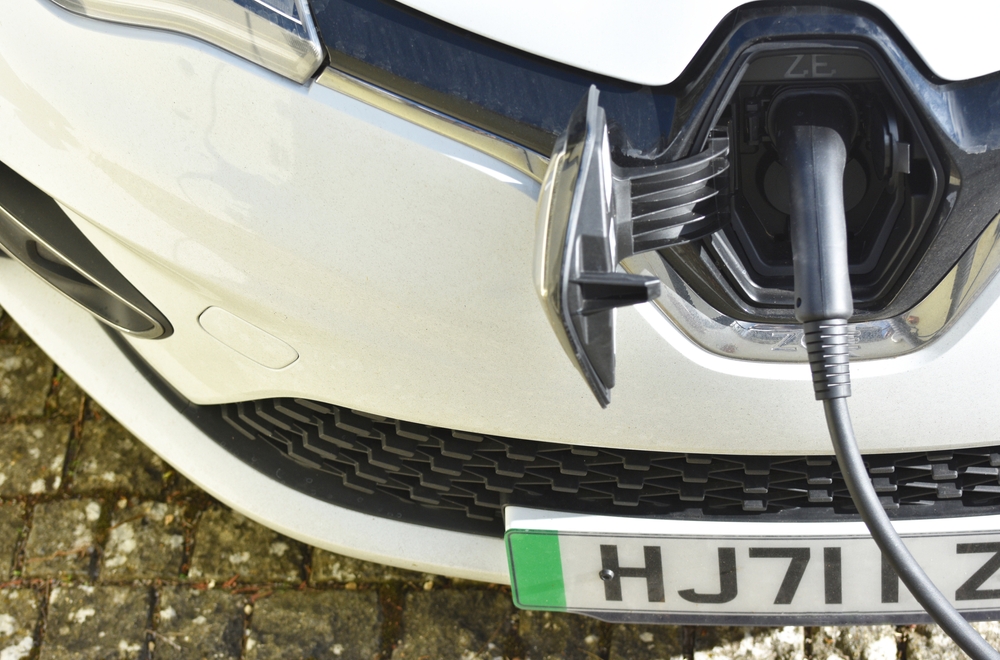


The number of electric vehicles in Jersey is rapidly rising, with more than 400 new ones taking to the roads in the past year alone...but is the island's infrastructure keeping pace?
According to Driver and Vehicle Standards (DVS), there were 1,365 electric vehicles in Jersey at the end of 2021.
Just one year later, this number had risen by more than 30% to 1,789.
Due to their potential as a relatively low-carbon alternative to fossil-fuelled vehicles, the large-scale adoption of electric vehicles is a key facet of the Carbon Neutral Roadmap - the government's plan to get the island to net-zero emissions by 2030.
To facilitate this, the plan specifically cites improving the island's charging infrastructure as a target.
However, it has recently emerged that the charging infrastructure in the UK is struggling to keep pace with rapidly rising demand.
According to Department for Transport statistics reported by the Times, there are only 37,055 live electric charging devices in the UK to keep up with the demand of 1.3 million plug-in cars.
This means that in the UK, there is around one charger available for every 30 cars - down from one per 16 at the start of 2020.

Pictured: There are currently 1,789 electric vehicles registered in Jersey.
There are concerns that this shortage could seriously hamper the wider adoption of electric vehicles, as “range anxiety” – the worry that the electric vehicle will run out of battery with no charger in sight - is frequently cited as one of the major psychological barriers to large-scale adoption of electric cars.
However, this predicament shouldn't arise in Jersey, according to Jersey Electricity - in fact, the island has around double the number of chargers per vehicle compared to the UK.
Peter Cadiou, Director of Commercial Services at the utility company, said: “Our charging infrastructure is much better than the UK… Currently, there are 109 operational chargers in publicly accessible places in Jersey, and that’s always growing.”

Pictured: 'Range anxiety' is one of the major psychological barriers to large-scale adoption of electric cars.
That is roughly one charger per 16 vehicles.
On the face of it, this may seem less than ideal - a 16 car-long cue for the same petrol pump would be positively infuriating.
However, Peter said: “There is a myth that everyone will plug in at the same time.”
Not only did he state that Jersey Electricity expects “80% of charging will be done at home”, but he also cited the “dual function” of the electric charging network.
For instance, town’s working population are likely to charge their vehicles during the day whilst at work, while the resident population is expected to charge overnight.
Peter said: "We just have to be clever about how we use the network."
All Jersey’s chargers have been put down by Jersey Electricity, including the Channel Islands' first 150kW ‘Ultra-Rapid’ charger, which adds 100 miles of driving per nine-minute charge.

Pictured: “There is a myth that everyone will plug in at the same time.”
This has been done independently of any government grants or subsidies.
An expansion of the system is planned over the next 12 to 18 months, with Jersey Electricity currently in a “period of monitoring” as they analyse existing usage patterns to inform their future investments.
Mr Cadiou said: “Jersey is an ideal location for electric cars.
"It’s only nine by five miles so you have short travel distances… Range anxiety is not the same as it is in the UK and you don’t get people rocking to charging stations and they’re not working like you do in the UK."
He added: "It’s very easy to drive an electric car in Jersey, but there’s always room for improvement.”
Comments
Comments on this story express the views of the commentator only, not Bailiwick Publishing. We are unable to guarantee the accuracy of any of those comments.